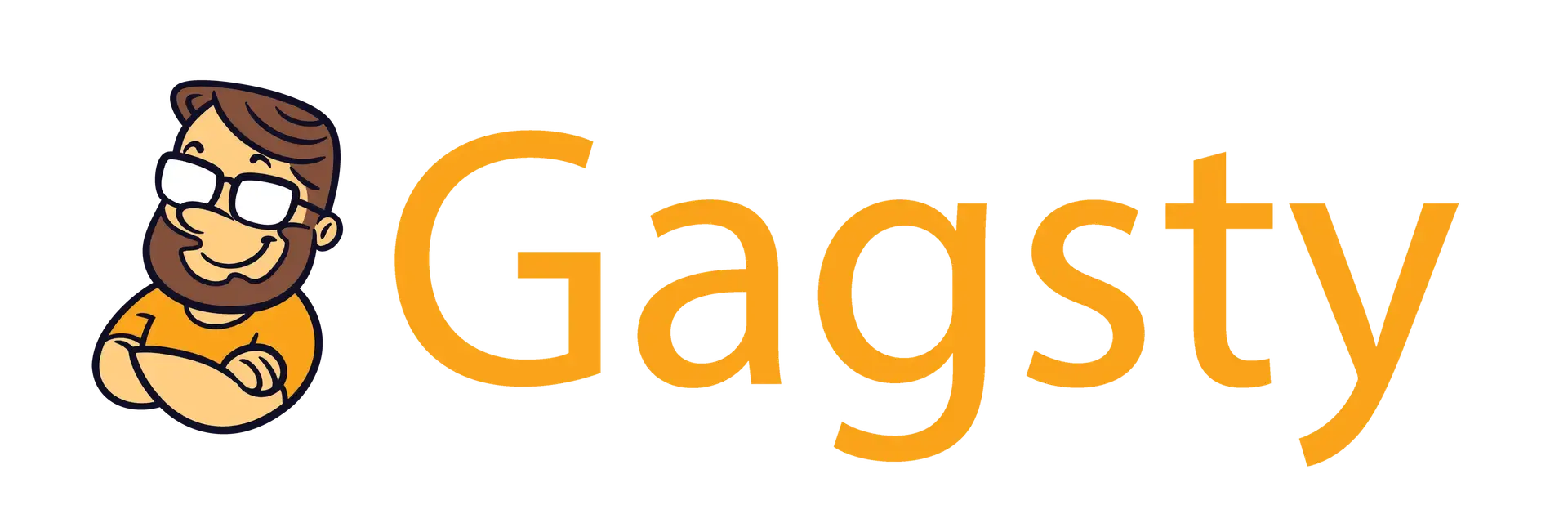Do Kwon was allegedly informed by anchor dev about an untenable 20% interest rate
Mr B claims that the system was originally planned to only give a 3.6 percent score, but that this was adjusted at the last moment.
In a discussion with Korean news outlet JTBC, a core programmer claimed that the Anchor system was initially supposed to offer a 3.6 percent point, but that this was increased to 20% less than a week before its introduction to finance investment.
“I had no idea this would have such a hefty rate of interest.” “It was set to 20% barely the week before the launch,” the worker, who was only identified as Mr. B in the Korean-language story, stated: “I was convinced I was going to pass out from the start.” (I created it, but it completely crumbled.) “
Mr. B explained that the service was intended to only give a 3.6 percentage point, which was a vital part of maintaining the Terra ecosphere because it considered the cash in Anchor’s contingency fund.
Mr. B, on the other hand, said that a week before the release, the programmers discovered that the intentions had been revised and that shareholders could now earn a very significant 20% interest in imprisoning their UST stablecoins in the Anchor Protocol alternatively.
The JTBC reportedly alleges to have acquired inner Terraform Labs design specifications, which discussed luring financiers with high levels.
Just before the April launch, the creators say he tried to talk about the issue with Terra Luna founder Kwon Do-Hyung (Do Kwon) 2019.
“I offered to CEO Kwon Do-Hyung the day before the publication that the cost of borrowing is cut, but it was not approved.”
The steep depreciation of Terra (LUNA) and the algorithmic stablecoin UST has prompted the South Korean authorities to announce intentions to establish Digital Asset Committee in June to act as a monitor over the country’s cryptocurrency community and to prepare and supervise policies.
Do Kwon has been called to a legislative session in South Korea in mid-May on the topic.
He’s also in heated air after it was revealed in court records that he liquidated Terraform Labs Korea just days well before LUNA accident.
South Korean officials allegedly served the summons on Terraform Labs workers in May, investigating if there was purposeful price rigging or whether the coins followed legitimate registration processes.
Considering this, Terra’s co-founder tried to retrieve the system on May 28 with Terra 2.0 (Pheonix-1), a chain tensioner targeted at restoring the Terra (LUNA) and TerraUSD coins (UST).

